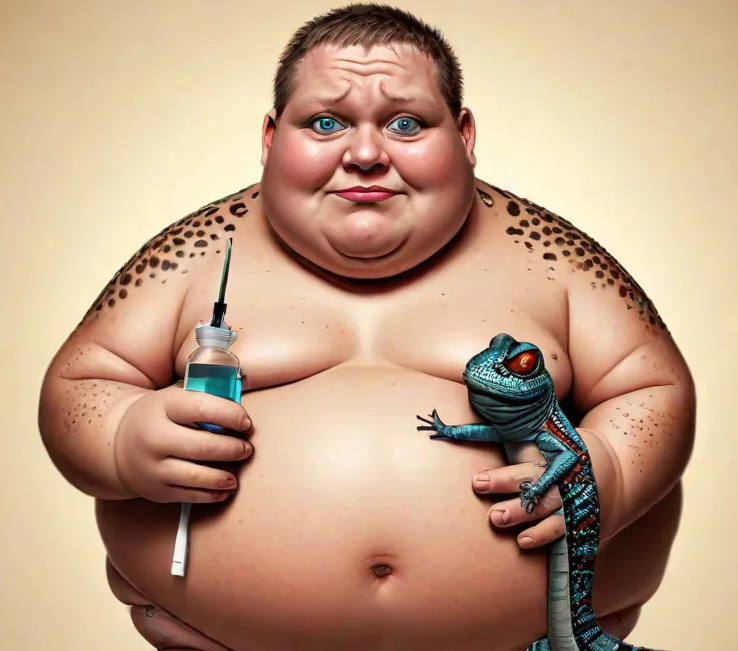
A report by the New York-based Consumer Reports (CR) has found that chemicals in plastics are present in many popular food items.
The organization examined 85 food items for plastic chemicals such as phthalates and bisphenols – with the endocrine disruptor bisphenol A (BPA) as one example of the latter. It found that 79 percent of foods tested – roughly four in five – contained bisphenols. Meanwhile, almost 99 percent of food items tested contained phthalates.
CR tested a variety of food items including "prepared meals; fruits and vegetables; milk and other dairy products; baby food; fast food; meat; and seafood – all packaged in cans, pouches, foil, or other material." It found that phthalate levels differed within specific items from food brands – meaning no single brand has completely safe food.
According to CR, phthalates are chemicals used to make plastic more durable and flexible. Meanwhile, bisphenols are used to manufacture polycarbonate plastics that are lighter, stronger and more resistant to impact and fractures than regular plastic.
Nevertheless, the nonprofit noted that phthalates and BPA are known endocrine-disrupting chemicals (EDCs), which have scientifically been found to affect hormonal balance and change the development and function of hormone-dependent structures of the reproductive systems. (Related: Fetal exposure to BPA has now reached 100 percent; Plastics chemical contaminating everyone.)
Scientists have linked EDCs, like phthalates and BPA, among others, to numerous negative human health outcomes, including, but not limited to the following:
- Abnormalities in sex organs or genital malformations
- Altered nervous system function, causing widespread disruption of hormone receptors, enzymes and nerve signals
- Cardiovascular problems – a reduction in the level of adiponectin (a hormone in your fat tissue that helps with insulin sensitivity and inflammation), which may accelerate atherosclerosis (the hardening or thickening of the arteries)
- Certain cancers – even low doses of EDCs have been found to cause changes in cancer cells that could lead to its progression, such as in breast cancer cells
- Changes in sperm quality, sperm counts and compromised fertility
- Compromised immune function, increasing the susceptibility to diseases
- Diabetes – attributed to altered adrenal, gonadal and thyroid functions
- Early puberty – EDCs change metabolic programming during fetal and early childhood development, resulting in alternations in the metabolic and peripheral hormones associated with the onset of puberty
Phthalates are everywhere
High levels of phthalates were found in several brands of supermarket foods such as Del Monte, Chicken of the Sea, Gerber and General Mills – which owns the Annie's, Yoplait and Cheerios brands. Those from fast food chains such as Burger King, McDonald's and Wendy's also had elevated phthalate levels.
Reuters sent a request for comment to the brands mentioned in the CR report. Burger King, Wendy's and General Mills did not immediately respond to the news outlet.
Chicken of the Sea and Del Monte said they "do not add phthalates to their food and receive similar assurances from their suppliers." Both companies nevertheless acknowledged that "phthalates are widespread in the environment." Meanwhile, Gerber and McDonald’s said they "follow regulatory requirements – requiring rigorous testing for chemicals during packaging."
"Those problems typically develop slowly, sometimes over decades. Unlike a plane crash, where everyone dies at once, the people who die from these die over many years," explained pediatrician Dr. Philip Landrigan, director of the Global Public Health and the Common Good Program at Boston College.
Early efforts to limit plastic chemicals in food focused on packaging options. CR noted, however, that "phthalates can also get in food from the plastic used in the gloves; conveyor belts and tubing used during food processing; and … via contaminated soil and water."
"Determining an acceptable level for these chemicals in food is tricky. Regulators in the U.S. and Europe have set thresholds for only BPA and a few phthalates. None of the foods CR tested had amounts exceeding those limits."
Visit CleanFoodWatch.com for more similar stories.
Watch Tammy Cuthbert Garcia discuss phthalates and plasticizers in foods below.
This video is from the Tammy Cuthbert Garcia channel on Brighteon.com.
More related stories:
Phthalates wreak havoc on your health.
BPA chemical exposure linked to infertility, obesity, diabetes and neurological problems.
Toxic BPA levels increase by a shocking 1,200 percent after eating canned food.
Report: Plastic production set to TRIPLE by 2050, exposing many to toxic particles and chemicals.
EU lowers safety limits for endocrine-disrupting chemical BPA.
Sources include:
Please contact us for more information.




















